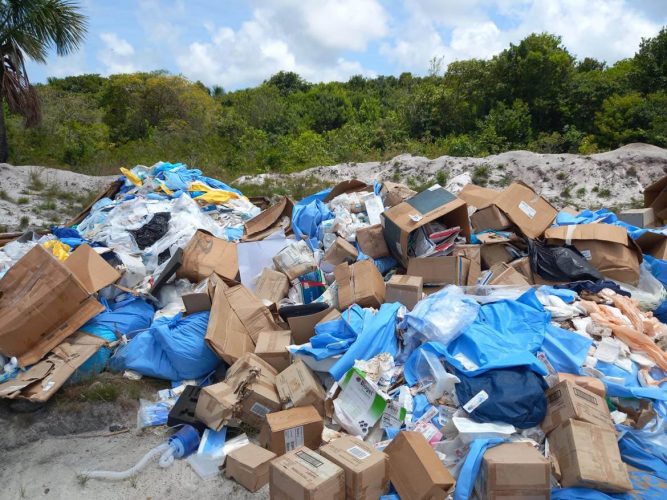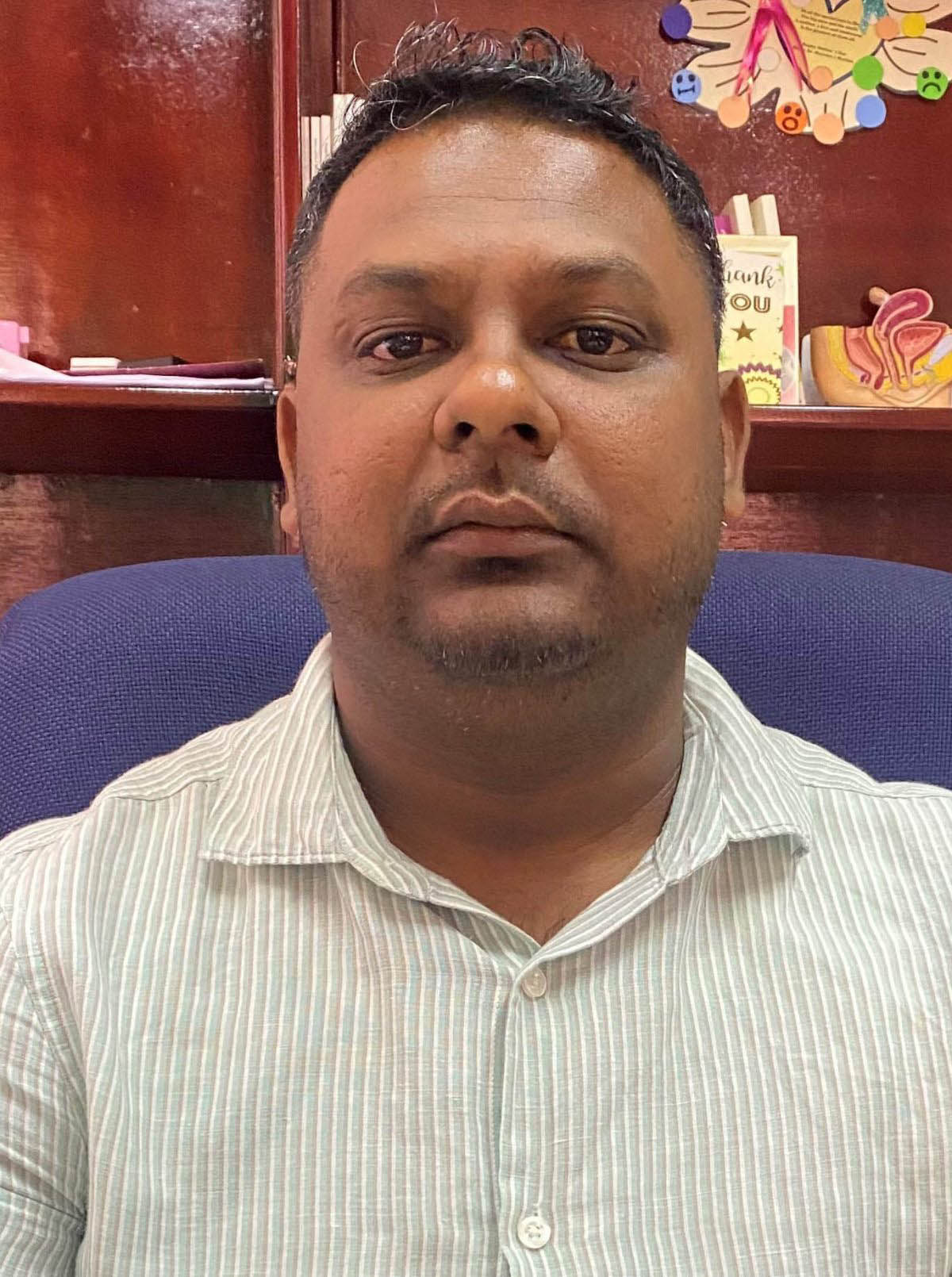Regional Health Officer, Region Two, Dr Ranjeev Singh says that the drugs and medical supplies recently disposed of by the Suddie Public Hospital were buried in a landfill.
He restated that the items had exceeded their life cycle or that those with short life cycles could not be consumed prior to the end of their shelf lives.
Additionally, Dr Singh explained that these medical items were contaminated rendering them unsafe.
Dr Singh said in a telephone interview last week that the expired supplies included pampers and wash cloths, and that the pampers did not have holding paste making them unfit for use.
“It was an excess of medical supplies to be used up in a short time. Nurses did come and collect supplies when they were required but it was an excess with a short shelf life. Some of the items simply could not have been used. The last government did not follow the donation policy,” Dr. Singh argued in defence of the disposal of the medical supplies.

Opposition Member of Parliament, Shurwayne Holder, three Fridays ago, posted a video of the method used to dispose the medical supplies. However, Dr Singh said that the video was not accurate as a hole was already dug to bury the discarded items. According to Dr Singh, the expired goods were left unattended only for a few hours because an excavator was being awaited. All [the medical supplies] was disposed of at the Zorg-en-Vlygt landfill site, he said.
Burying the supplies in a landfill poses a risk as they could be unearthed or leach into ground water.
In an earlier interview with Stabroek News, Dr Singh had stated that the medical supplies were contaminated since the room in which they were stored was bat infested. Dr Singh also explained that remedial works were being executed at the hospital at the time and thus the room needed to be cleared.
“The items were contaminated, expired and spoiled and as such a decision was taken to discard the same from the compound since it was not good or safe for usage,” Dr Singh had said. Letter writer, Shamshun Mohamed, weighing in on the issue pointed out in a letter to this newspaper that a room being bat infested is an indictment on the regional administrative system.
Meanwhile, MP Holder has written to the Public Accounts Committee of Parliament and the Auditor General requesting the oversight bodies to conduct an investigation into the circumstances and method of disposal of the medical supplies. In letters seen by this newspaper, Holder informed that from his observation, “much of the supplies were unused and there were no indications that they have expired.” It is on this note, he requested that the audit agency undertake an immediate investigation into the incident and to make a determination of where breaches occurred, if any, in the acquisition, storage and distribution of the medical supplies. He also asked that the agency put forward recommendations to prevent a recurrence.
In his initial report, Dr Singh had said that neither the Ministry of Health nor the Regional Democratic Council had purchased the supplies but rather the NGO, Food for the Poor Inc., in 2018 and 2019, had donated the items. Food for the Poor Inc (FFTP) later issued a statement to clarify matters.
“Food for the Poor (Guy) Inc. would like to clarify that that at no time does the organization donate expired medical supplies. Before any medical supplies or pharmaceuticals are donated to the Ministry of Health or any Public Health Institution, an offer, which provides details and expiry dates of the medical items, is made to the Ministry or Health Institution. The offer is signed and accepted by a senior official before the items are donated. It is therefore up to the Health Institution to utilize the donated supplies before they expire”, the organisation said.
It added that FFTP is the largest Non-Governmental Organisation in Guyana providing emergency relief assistance, clean water, medicine, educational materials, homes, support for vulnerable children, care for the aged, skills training and micro-enterprise development assistance.






